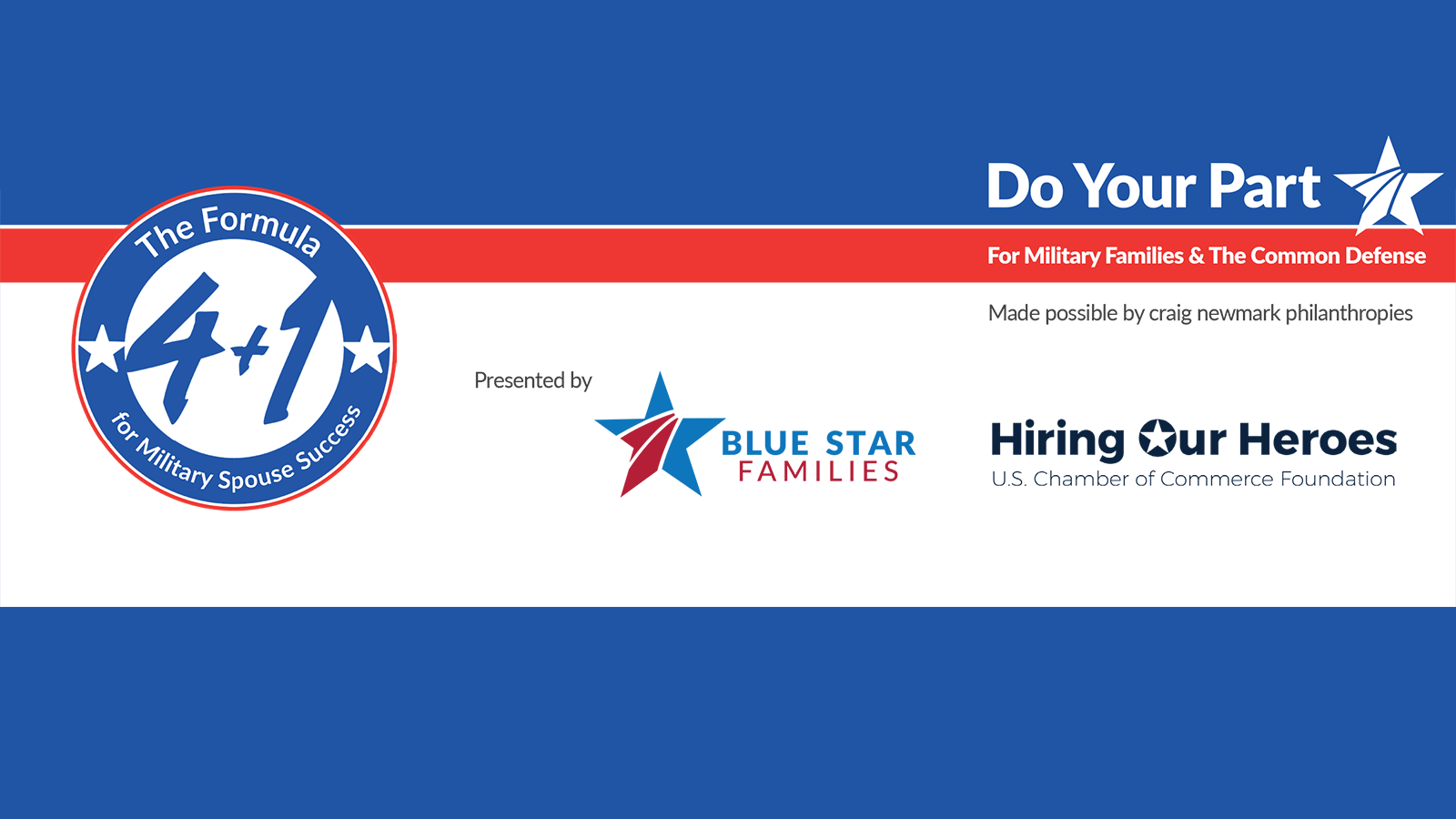“If you are planning on doing business with someone again, don’t be too tough in the negotiations. If you’re going to skin a cat, don’t keep it as a house cat.” – Marvin S. Levin
The key to a successful job offer extension is to view it as a process that starts from the minute you engage a potential candidate. By using a consistent and systematic approach, you can minimize the risk of investing countless hours and resources in an ill-fated recruiting effort.
Do your homework
It may seem pretty simple, but one of the most common mistakes when making a job offer is a lack of information gathering and giving early in the process. As a result, candidates are surprised by compensation, location, start date and a wide variety of other factors.
During the recruiting process, make a conscious effort to gather the key data points during initial conversations. A couple of must -have data points:
- Expected income – base and bonus
- Ability and willingness to commute to the office (if required)
- If relocation is necessary, the expected costs and/or components (moving expenses, home sale, breaking a lease, etc) involved for the candidate
- Desired start date
As you collect this data, you should also be giving the same information to your candidate. Confirm that the compensation is within available range, that the relocation needs are within budget, and that the desired start date matches the company’s needs. If one of the data points is out of line with your expectations, discuss it then. You don’t necessarily need to resolve the difference in an initial conversation, but make sure it is widely known before the decision to move forward is made.
The final part of doing your homework is learning the motivations to close your candidate. Why are they interested in the role? What are their long term career goals? What kind of corporate culture do they prefer? What do they like to do in her free time? Start documenting the data points that will allow you to build a compelling recruitment pitch when the time comes to negotiate and extend a verbal job offer.
The most important thing is to document the information. Write down the data, when the conversation occurred, and the context in which it was discussed. As the proverb goes—“the faintest ink is more powerful than the strongest memory.” All of this information should be both collected and confirmed more than once during the phone screening, initial interviews, and final interviews. It never hurts to say “When we spoke on June 15th we discussed a salary range of $65,000 to $70,000—is this still what you are thinking?” It lets the candidate know that you are paying attention, which is both reassuring that you have your ducks in a row and reduces any urge to renegotiate late in the game.
Pre-Close The Candidate
We’ll jump through the details of the interviewing process, during which you should be continuing to collect the necessary data, confirm its accuracy, and begin to lay the groundwork for your sales pitch. Remember the ABC’s from Glengarry Glen Ross – Always Be Closing.
Pre-closing a candidate is the step that has the most impact on the acceptance rates of employment offers, and is often the one skipped. Once you think the candidate has a legitimate chance of receiving an offer, make the pre-closing call. The goal is to outline the details of the job offer, but be very clear that this is a confirmation of the candidate’s interest and not a verbal job offer.
Begin by saying you and your organization have not made a final decision to extend an employment offer, but you think they are a strong candidate and would like to talk through the details of what an offer may look like. Recap the information you have documented – compensation, salary/bonus mix, location, and desired start date. Then walk through the same points with ranges of the offer. Highlight and discuss any discrepancies between your expectations and the candidate’s. A couple of sample questions you may want to use include:
- If we were to extend you an employment offer that looked like this, would you be interested in joining us?
- Are there any reasons why this offer would not be acceptable to you?
- Is this offer what you were hoping for? When would you be able to start?
- Have you discussed this opportunity with your family/partner/significant other or do you need more time to discuss it?
- Do you think your current company will give you a counter offer, and is there a chance you would stay?
All of these questions open opportunities for further discussion and give you a better sense for where the candidate is in the decision making process. Once you get a feel for where you align and where you don’t, reiterate that there are other candidates in process and other considerations before making the formal offer. The best way to sour a candidate that you are not ready to hire now, but may want to hire in the future, is to insinuate an offer is coming prematurely.
Wrap up the pre-closing conversation with a specific time when the candidate will hear from you with details on next steps. Again – not an offer, but “decisions on next steps”.
Once that date is set, stick to it!
Even a half-day’s delay sends the wrong message and puts you behind other competitive offers. Hopefully you will be calling with a formal offer, but at the very least you will call with an update and a new expectation of timing. Candidates always appreciate a crisp process.
Extending The Job Offer
Once you have agreed internally to move forward with the candidate’s job offer, call the candidate at the time set previously or schedule a new time to talk with the candidate about next steps. While you want the conversation to be natural and comfortable, one potential outline and structure for the conversation would be:
- Start out with the good news – “We’d like to formally extend you an offer!”
- Tell them what you are going to tell them – set the agenda of the conversation.
- Sell the opportunity and alignment with the candidate’s goals, which by now you have already discussed in detail:
- Start by describing the immediate impact the candidate will make.
- Discuss the long-term opportunities for the candidate.
- Highlight the company’s strengths – growth, vision, culture, etc.
- Create a direct link between the candidate’s previously stated career and personal goals and the job.
- Discuss the details of the job offer.
- Specifically address any areas where the offer does not intersect with the candidate’s requests or issues discussed in the pre-closing call.
- Ask for feedback.
- If the candidate is satisfied with the details, ask for a verbal acceptance—“So if you are good with the offer and this is a verbal acceptance, I’ll put together the formal offer letter and get it out to you.” There is no reason to send the offer if you do not have a verbal acceptance.
- If the candidate has questions or would like time to consider the offer, identify the areas of concern. In many cases, the candidate will want something on paper – offer to outline the details of what the offer would be in an email rather than send out the formal offer letter.
- Once the candidate has verbally accepted:
- Prepare the candidate for a counter offer, if relevant. Walk them through how they will respond to a counter offer from the current employer – remind them why they are leaving and address what they will likely offer them to stay. The loyalty of a candidate that accepts a counter offer will always be in question by the employer.
- Discuss next steps and timeline. Let them know when the offer will go out and how long they have to accept. Always set a deadline for formal written acceptance. We recommend a deadline of less than 3 business days, with 1-2 days being preferable. If you have done your pre-closing work, this should be a formality and should not require much consideration.
- Let them know the formal paperwork will be sent out, and make sure they have it in their hands within 24 hours. Whenever possible, email a PDF version of the offer letter or overnight the offer packet to the candidate.
- Final steps:
- Follow up with the candidate to make sure they received the paperwork and everything is in order.
- Always require the offer letter to be signed and returned by the date specified. It may seem obvious, but we have clients that (prior to our arrival) would just send out the letter and wait for the candidate to show up on the first day with the paperwork signed. Not surprisingly, they had an abnormally high rate of candidates backing out of their offers, accepting competitor’s offers or just never showing up to work.
- Once the offer is in-hand, the recruiter or hiring manager should follow up with the candidate at least once a week until the start date. The longer the time period between acceptance and start, the greater the risk of the candidate backing out.
- Check in and follow up.
- Be sure to check in with the candidate the first week to see how things are going. If there is any disconnect between the candidate’s expectations and reality, you want to identify them quickly.
Summary
Anyone who has spent months recruiting the perfect candidate, only to have it unravel at the last minute, understands the importance of a smooth negotiation and closing process. Given the amount of resources required to attract the right candidate for your job, the process of negotiating and extending a job offer is often overlooked and undervalued. However, by following a few guidelines and best practices, you can drastically reduce the risk of those 11th hour hiccups.
Archives
- May 2025
- April 2025
- March 2025
- February 2025
- October 2024
- May 2024
- March 2024
- February 2024
- January 2024
- December 2023
- November 2023
- October 2023
- September 2023
- August 2023
- July 2023
- June 2023
- May 2023
- April 2023
- March 2023
- February 2023
- January 2023
- December 2022
- November 2022
- October 2022
- September 2022
- August 2022
- July 2022
- June 2022
- May 2022
- April 2022
- March 2022
- February 2022
- January 2022
- December 2021
- November 2021
- October 2021
- September 2021
- August 2021
- July 2021
- June 2021
- May 2021
- April 2021
- March 2021
- February 2021
- January 2021
- December 2020
- November 2020
- October 2020
- September 2020
- August 2020
- July 2020
- June 2020
- May 2020
- April 2020
- March 2020
- February 2020
- January 2020
- December 2019
- November 2019
- October 2019
- September 2019
- August 2019
- July 2019
- June 2019
- May 2019
- April 2019
- March 2019
- February 2019
- January 2019
- December 2018
- November 2018
- October 2018
- September 2018
- August 2018
- July 2018
- June 2018
- May 2018
- April 2018
- March 2018
- February 2018
- January 2018
- December 2017
- November 2017
- October 2017
- September 2017
- August 2017
- July 2017
- June 2017
- May 2017
- March 2017
- February 2017
- January 2017
 RSS Feed
RSS Feed
Subscribe to Orion's Blog
Featured Blogs





.jpg)















